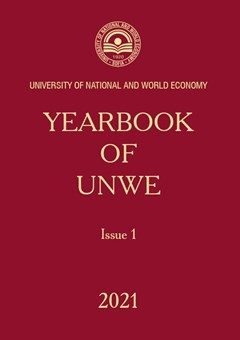Assessing the 2019 Redesign of Bulgarian Fiscal Equalization System
Assessing the 2019 Redesign of Bulgarian Fiscal Equalization System
Author(s): Presiana NenkovaSubject(s): Economy, National Economy, Public Finances
Published by: Университет за национално и световно стопанство (УНСС)
Keywords: fiscal decentralization; fiscal equalization; Bulgaria
Summary/Abstract: In many countries the narrowing of horizontal fiscal imbalance at local government level is an important issue of national fiscal policy. Large fiscal disparities at municipal level could lead either to lower service levels in fiscally poor regions or to higher tax rates for similar service levels in these regions. In turn, this could thwart efforts to reduce inequality in income distribution between individuals or could induce fiscally inefficient migration of business and individuals. Since the launch of fiscal decentralization reforms in Bulgaria in 2003 part of central government grants system for municipalities has been the equalization grant aimed at financing a minimum level of local services delivery. The equalization formula has undergone many changes during the years, and the last one was implemented in 2019. The main focus of the current study is to compare the equalizing effect of the equalization schemes applied in Bulgaria in 2018 and 2019. In order to test whether the 2018 and 2019 distribution formulas carry an equalizing effect with respect to municipal expenditure needs, per capita transfers received is regressed on three variables or indicators reflecting the differences in the municipal expenditure needs. Our results show that the new equalization mechanism as of 2019 is better designed to capture the differences in municipal expenditure needs and to alleviate fiscal disparities at local level when compared to the mechanism applied in 2018.
Journal: Годишник на УНСС
- Issue Year: 1/2021
- Issue No: 1
- Page Range: 161-174
- Page Count: 13
- Language: English

